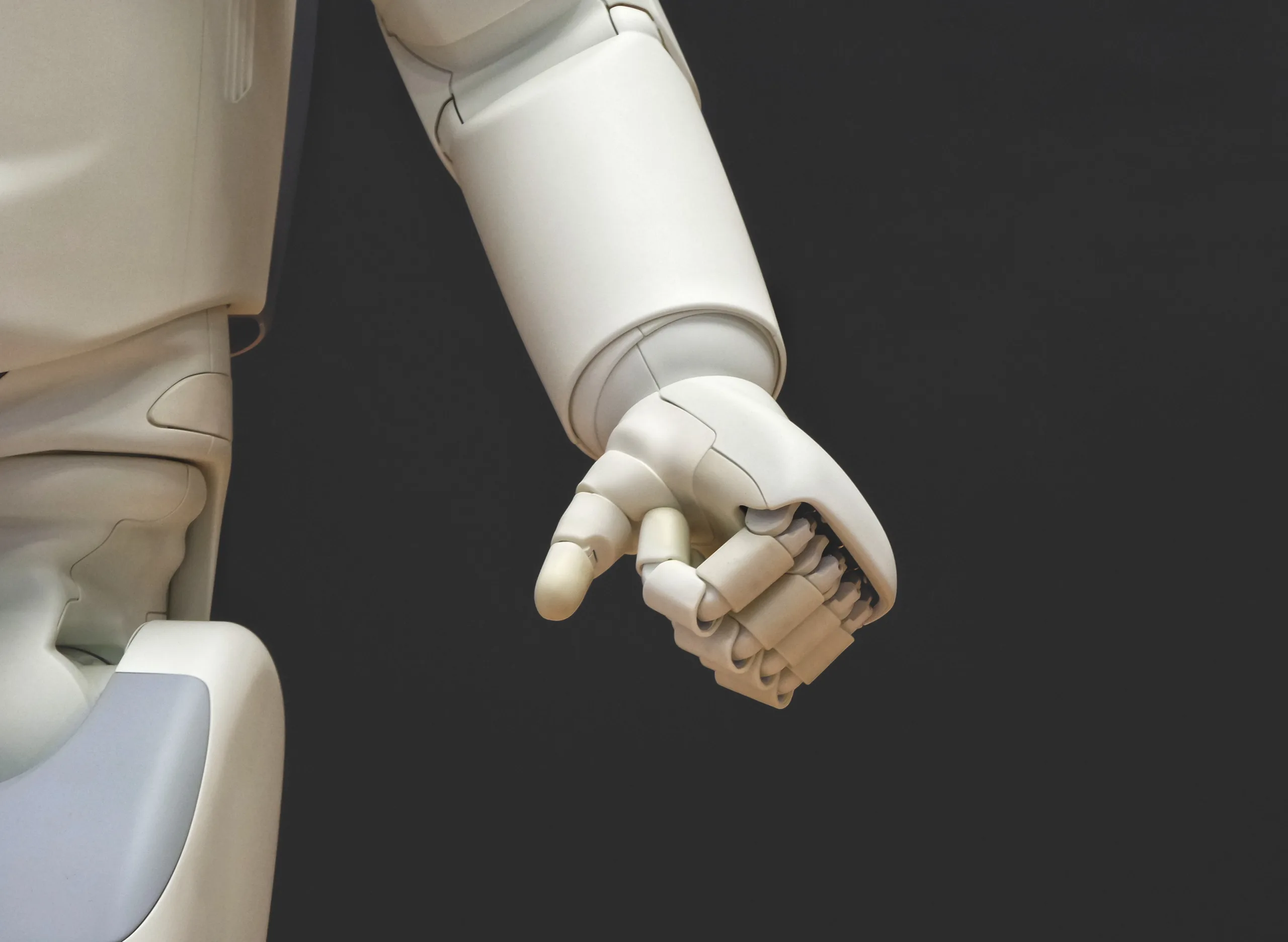Artificial Intelligence (AI) is reshaping industries and redefining our lifestyles and workplaces. With ongoing advancements in AI, the demand for skilled professionals in the field is soaring. This article delves into the top 20 careers in artificial intelligence, offering comprehensive details and insights into each career path.
1. Machine Learning Engineer
Machine Learning Engineers are responsible for developing algorithms and models that enable machines to learn and make decisions without explicit programming. They work on creating intelligent systems that can analyze vast amounts of data and provide valuable insights.

2. Data Scientist
Data Scientists are experts in analyzing and interpreting complex data sets. They use statistical techniques and machine learning algorithms to extract meaningful information and insights from data.Employing statistical methods and machine learning algorithms, they extract valuable information and insights from the data at hand.
3. AI Research Scientist
AI Research Scientists focus on advancing the field of artificial intelligence by conducting research and developing of new algorithms and models. They work on solving complex problems and pushing the boundaries of AI technology and it’s advancement.
4. AI Ethicist
AI Ethicists play a crucial role in ensuring that AI systems are developed and used ethically. They address ethical concerns and develop guidelines and policies to ensure that AI technology is used in a responsible and fair manner.
5. Robotics Engineer
Robotics Engineers design and build robots that can perform specific tasks autonomously. They combine AI and mechanical engineering principles to create intelligent robots that can interact with the physical world.

6. Natural Language Processing (NLP) Engineer
NLP Engineers develop algorithms and models that enable computers to understand and interpret human language. They work on applications such as speech recognition, sentiment analysis, and language translation.
7. Computer Vision Engineer
Computer Vision Engineers develop algorithms and models that enable computers to understand and interpret visual information from images and videos. They work on applications such as object recognition, image classification, and video analysis.
8. AI Product Manager
AI Product Managers are responsible for overseeing the development and implementation of AI products and solutions. They work closely with cross-functional teams to define product requirements and ensure successful product launches.
9. AI Consultant
AI Consultants provide strategic advice and guidance to organizations on how to leverage AI technology to improve their business processes and gain a competitive edge. They help businesses identify AI opportunities and develop AI strategies.
10. AI Trainer
AI Trainers are responsible for training AI models and systems. They collect and annotate data, create training sets, and fine-tune models to improve performance. They play a critical role in ensuring the accuracy and reliability of AI systems.
11. AI Software Developer
AI Software Developers design and develop software applications that incorporate AI technology. They write code, implement algorithms, and integrate AI components into existing systems.
12. AI Systems Analyst
AI Systems Analysts evaluate and analyze existing AI systems and propose improvements and optimizations. They assess system performance, identify bottlenecks, and recommend solutions to enhance efficiency.

13. AI Project Manager
AI Project Managers oversee the planning, execution, and delivery of AI projects. They coordinate project teams, manage timelines and budgets, and ensure that projects are completed successfully.
14. AI Marketing Specialist
AI Marketing Specialists leverage AI technology to enhance marketing strategies and campaigns. They use AI tools and platforms to analyze customer data, personalize marketing messages, and optimize marketing efforts.
15. AI Sales Engineer
AI Sales Engineers combine technical knowledge with sales skills to promote and sell AI products and solutions. They provide technical expertise, conduct product demonstrations, and assist customers in implementing AI solutions.
16. AI Security Specialist
AI Security Specialists focus on ensuring the security and privacy of AI systems and data. They identify vulnerabilities, implement security measures, and develop protocols to protect AI technology from cyber threats.
17. AI Trainer
AI Trainers are responsible for training AI models and systems. They collect and annotate data, create training sets, and fine-tune models to improve performance. They play a critical role in ensuring the accuracy and reliability of AI systems.
18. AI Software Developer
AI Software Developers design and develop software applications that incorporate AI technology. They write code, implement algorithms, and integrate AI components into existing systems.
19. AI Systems Analyst
AI Systems Analysts evaluate and analyze existing AI systems and propose improvements and optimizations. They assess system performance, identify bottlenecks, and recommend solutions to enhance efficiency.

20. AI Project Manager
AI Project Managers oversee the planning, execution, and delivery of AI projects. They coordinate project teams, manage timelines and budgets, and ensure that projects are completed successfully.
Conclusion
The field of artificial intelligence offers a wide range of exciting and rewarding career opportunities. Whether you are interested in machine learning, data science, robotics, or ethical AI, there is a career path for you. By pursuing a career in AI, you can contribute to the development of cutting-edge technology and shape the future of industries.